Arab-Israeli alliance faces resistance from Iraq, Qatar, and Kuwait amid Tel Aviv push for cooperation: Report
Amid a push by the US and the Israeli regime to build an anti-Iranian coalition in the region, a report suggests that a number of Arab countries are against such an alliance.
Washington and Tel Aviv are pushing Arab countries for the realization of a military pact to counter alleged threats from Iran.
Citing unnamed sources, Reuters said the plan is on the agenda of US President Joe Biden’s upcoming visit to the occupied territories and Saudi Arabia in mid-July.
According to the sources, the plan seeks to “build a network of radars, detectors and interceptors between Saudi Arabia, Oman, Kuwait, Bahrain, Qatar, the United Arab Emirates, Iraq, Jordan and Egypt, with the help of Israeli technology and US military bases.”
However, it highlighted the resistance of some Arab countries, including Iraq, Qatar, and Kuwait, against such a plan due to their relations with Iran and also because of rejecting any ties with the Israeli occupiers.
Iran has warned some regional countries about providing foothold to Israel, noting that Israeli activities in the region are the main source of insecurity.
Top security official Ali Shamkhani told visiting Qatari Foreign Minister Sheikh Mohammed bin Abdulrahman Al Thani on Wednesday that any alliance with the Israeli regime, even of a non-security and non-military nature, will pose a serious threat to the stability and security of the Middle East region.
Shamkhani, Secretary of Iran's Supreme National Security Council (SNSC), went on to name terrorism and Zionism as the two main sources of insecurity in the region.
US pushing Israeli-Arab normalization
Starting from the tenure of former President Donald Trump, Washington has tried to convince a number of Arab countries to publicly announce the normalization of ties with the Israeli regime.
The United Arab Emirates, Bahrain, and Morocco were among the first countries to toe the line, facing strong condemnations from Palestinians who denounced the move as a “stab in their back.”
Using baseless accusations against Iran, Washington is now trying to force some other regional states to side with Israel.
Iraq, however, is one of the countries that has clearly voiced its opposition to Israel as it recently adopted a law criminalizing any sort of ties with the regime.
In late May, Iraq's parliament approved a law making it illegal for the country to ever normalize its relations with the Israeli regime.
Back in 2020, the UAE and Bahrain entered United States-brokered so-called “peace deals” with the Israeli regime. Some other regional states, namely Sudan and Morocco, followed suit.
Reports suggest that Saudi Arabia is the next country that may embark on normalization. Analysts suggest the direct flight of Air Force One from Tel Aviv to Jeddah during Biden’s upcoming trip as a symbolic act can be interpreted within this framework.
Iran has warned about the consequences of joint military moves made by Israel in cooperation with a number of regional Arab countries, saying they are due to the regime’s desperation.
“The main reason behind this measure is merely desperation of the Zionist regime,” said Abolfazl Shekarchi, spokesman of the Iranian Armed Forces, last month, after Israel's minister of military affairs, Benny Gantz, claimed that the regime is building a US-sponsored regional air defense alliance in cooperation with some regional Arab states to foil what he described as “Iran’s attacks.”
Pointing to the reasons behind the regime's establishment of relations with some regional countries, the commander said, "The criminal Zionist officials have acknowledged the pace of the collapse of their bloodthirsty regime."
Israel has been making attempts to draw closer to US-aligned Arab countries in the Persian Gulf in recent years and has offered them defense cooperation.
VIDEO | Press TV's news headlines
July 26: ‘Axis of Resistance’ operations against Israeli occupation
Palestinian resistance fighters hit Israeli Merkava 4 tanks
VIDEO | UK police brutal assault on Muslim family sparks outrage, protests
Hamas: Death of leader in Israeli jail amounts to murder
EU sends €1.5 billion to Ukraine from frozen Russian assets
VIDEO | Millions of Yemenis rally for Gaza, call for more anti-Israel operations
UN chief calls for Olympic truce as games begin in Paris



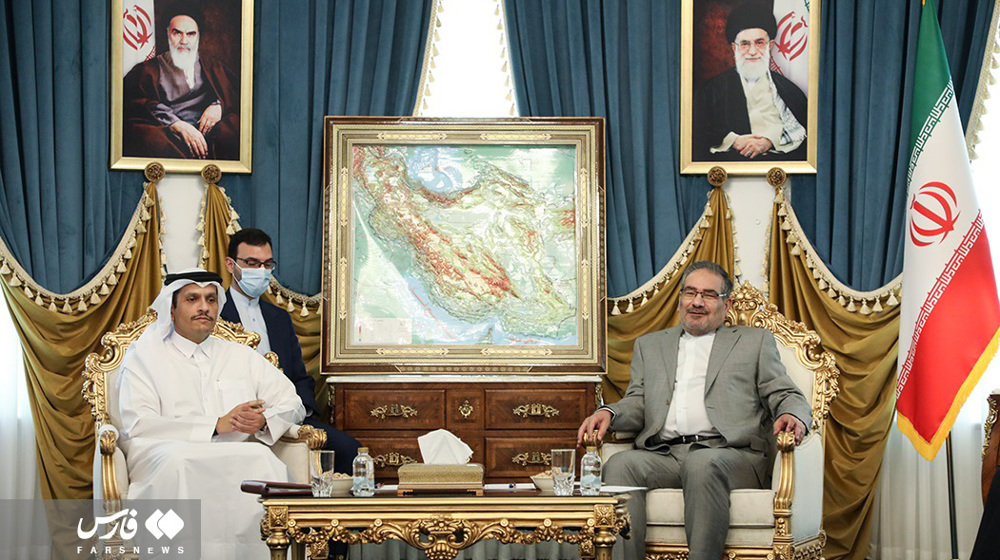

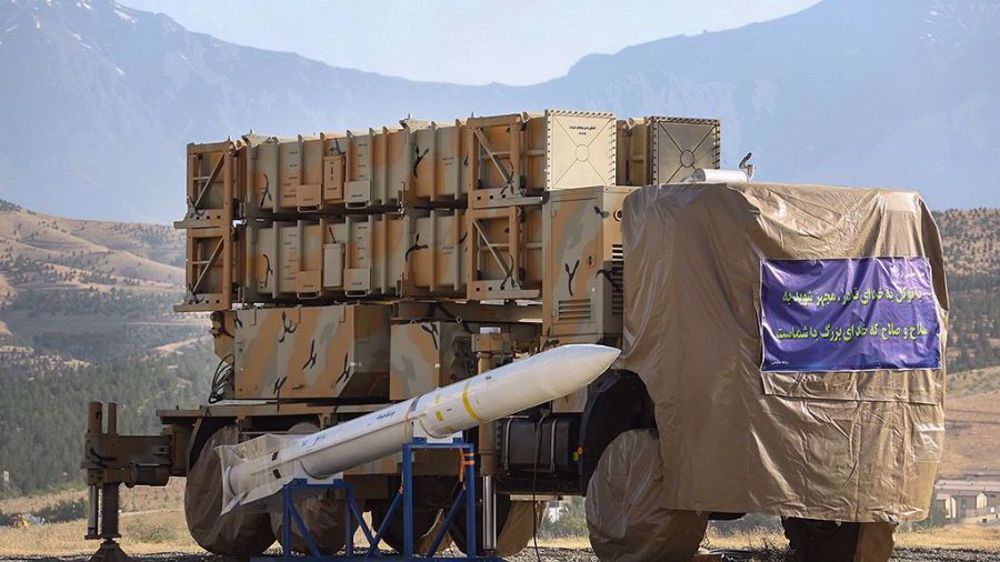
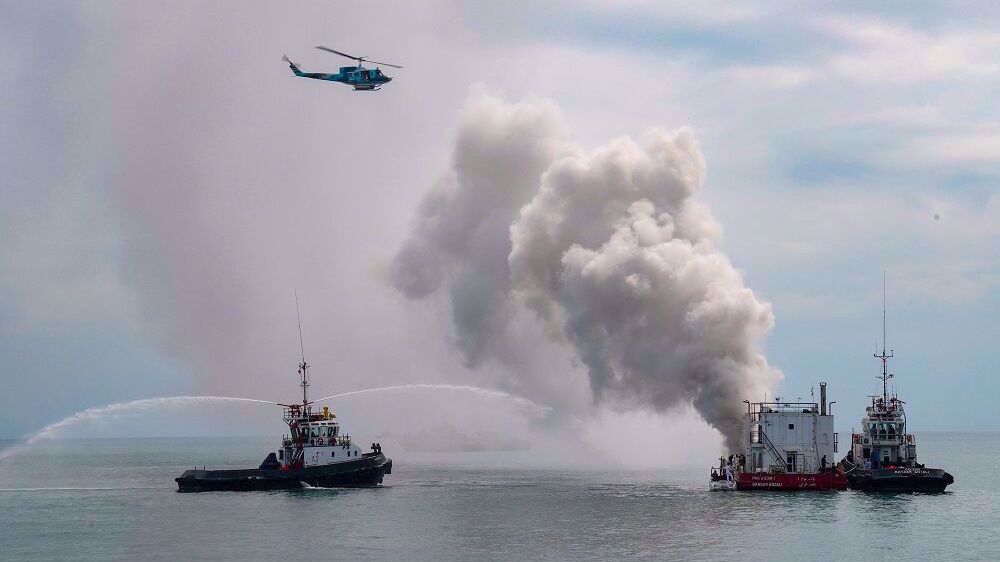
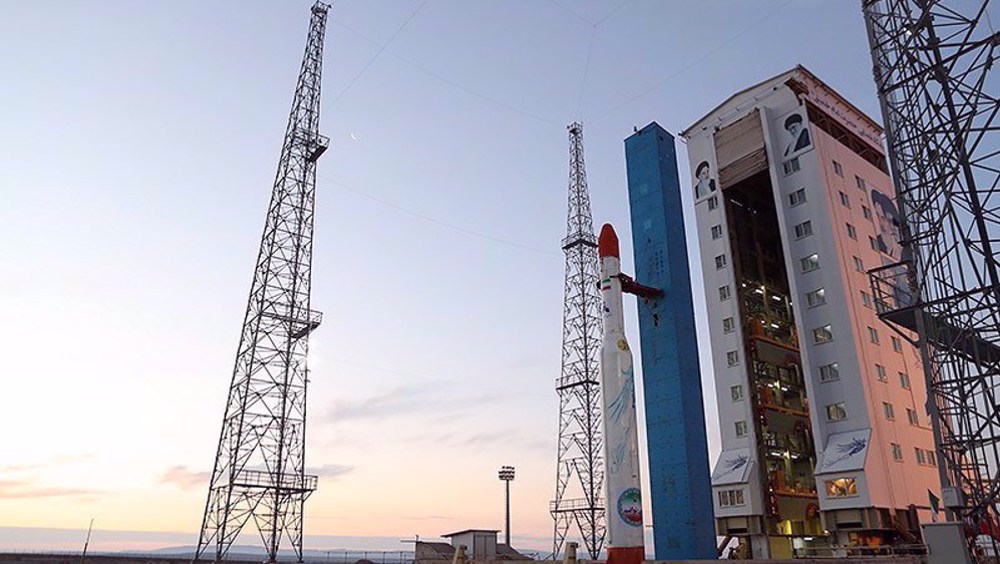
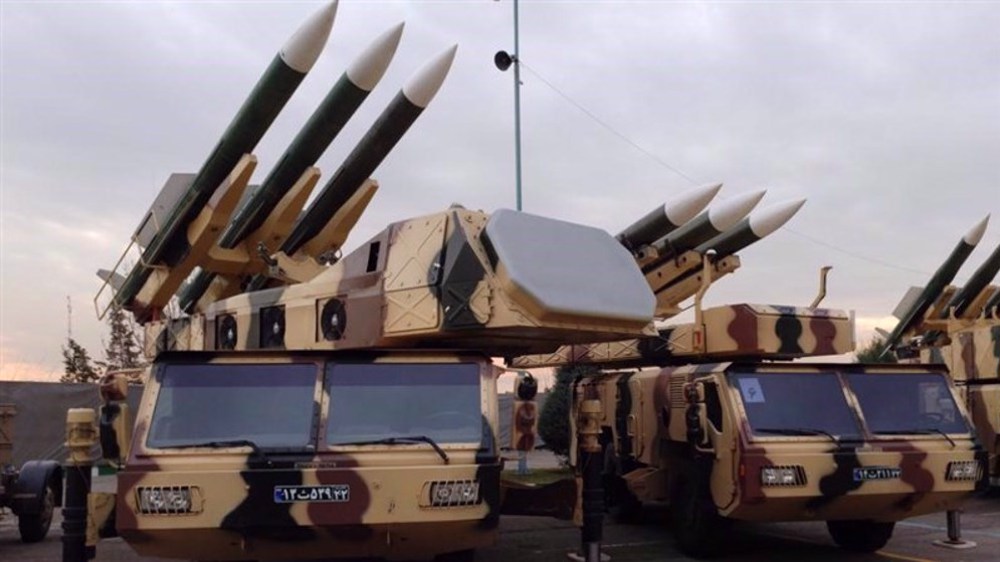




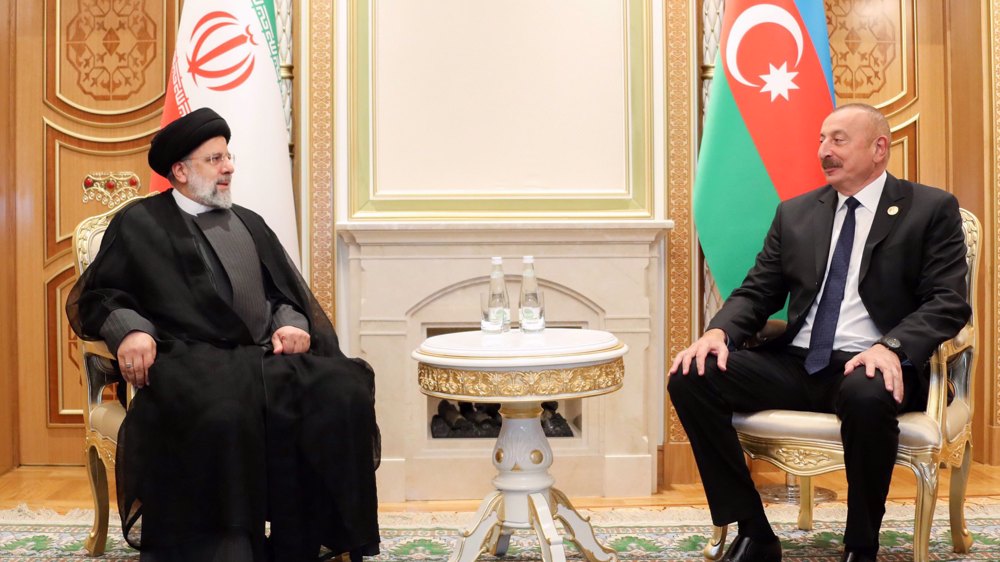
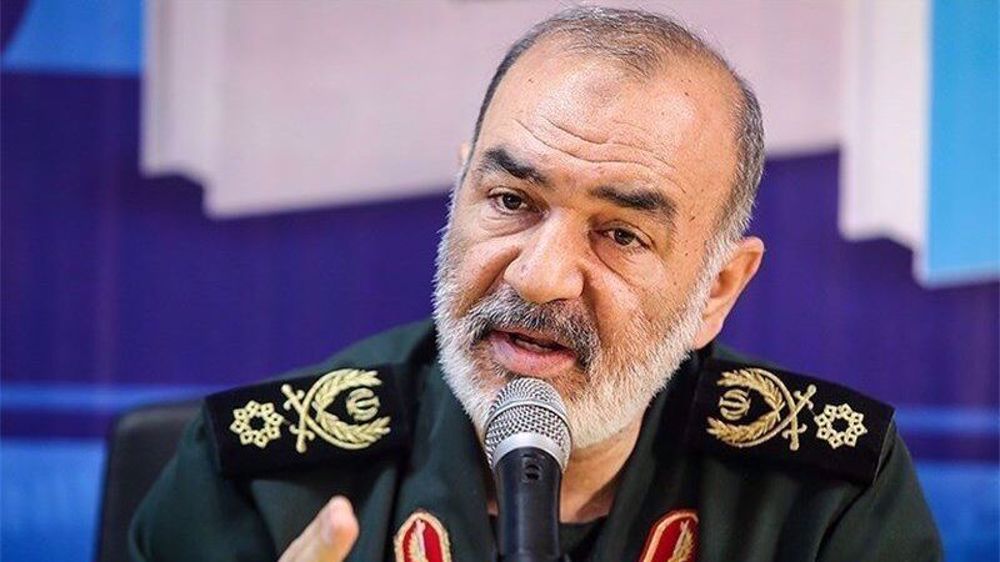
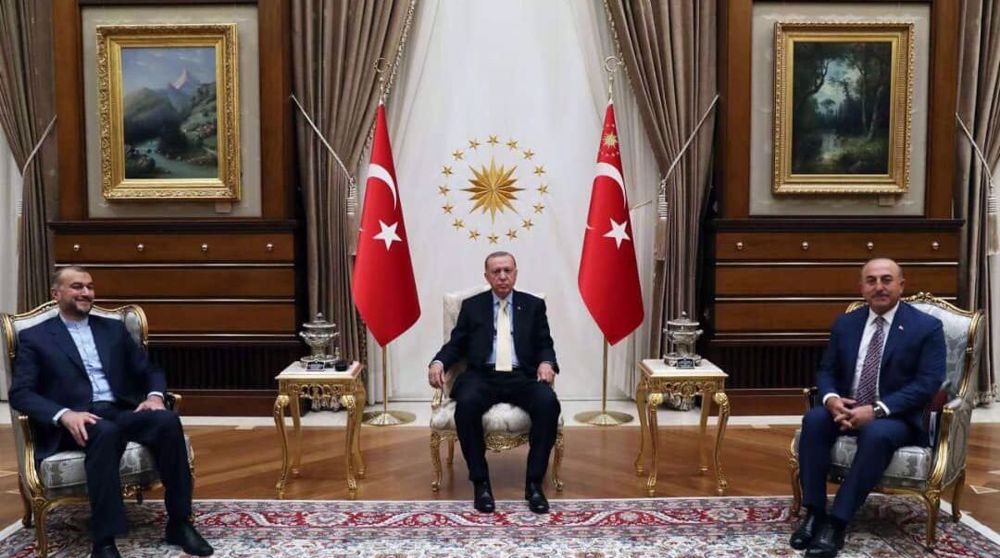
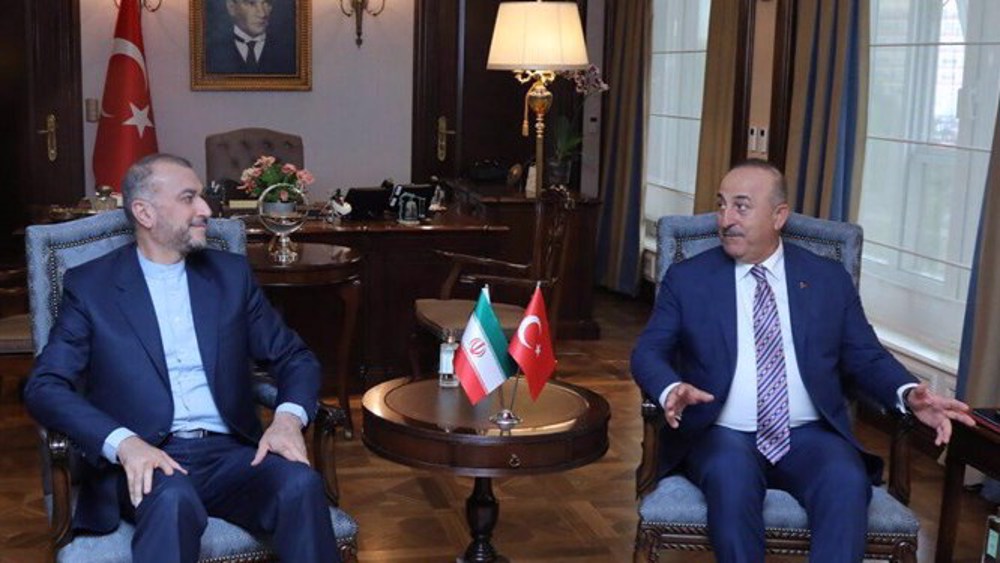

 This makes it easy to access the Press TV website
This makes it easy to access the Press TV website